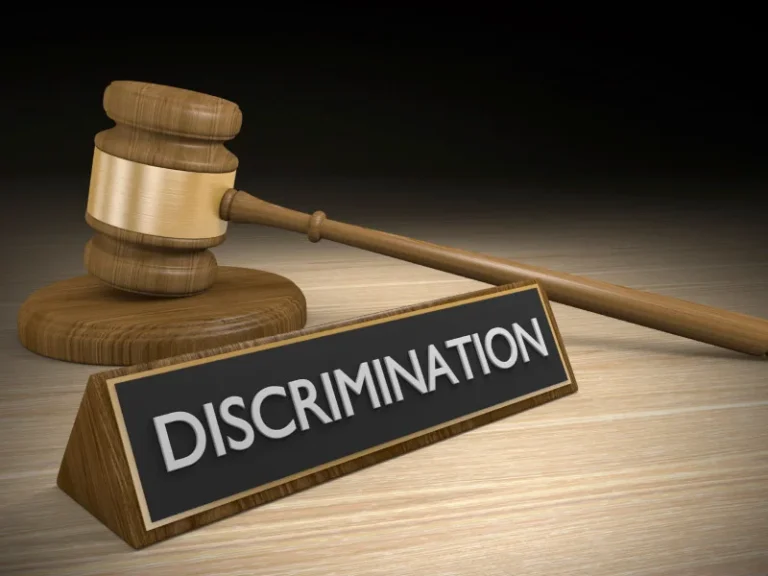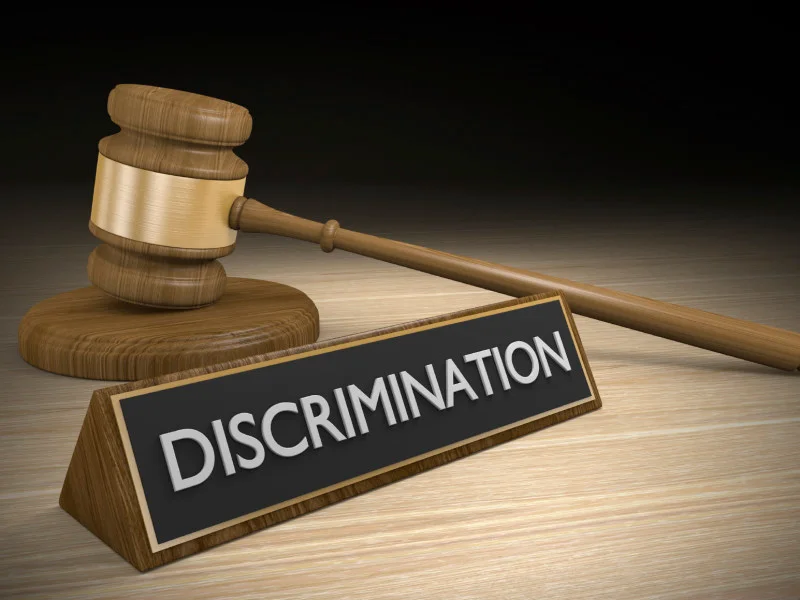The Supreme Court has a Title VII case this term, examining whether an “adverse employment action” can be established without a significant showing of harm or a “significant disadvantage”, typically financial, when an employee has been transferred but not fired. Title VII of the Civil Rights Act of 1964 is the federal statute that prohibits discrimination in employment on the basis of sex, race, color, national origin and religion.
By way of background, Title VII (and employment discrimination statutes generally) require an adverse employment action to happen before you can go to the EEOC and file your charge (or file a lawsuit for statutes without an EEOC requirement). The most glaring adverse employment action is getting fired, but includes things like a failure to promote or a constructive discharge because of a hostile work environment.
This case asks, what about a lateral transfer when you don’t lose any money, but your new position is pretty bad compared to your last one? In this case, a female officer with a prestigious title and other perks was transferred to a different position, but still retained the same pay, and was replaced by a male officer in the objectively better position. The lower courts dismissed the case saying this was not a sufficiently adverse employment action. Now, the Supreme Court will decide what Title VII actually requires before an employee can challenge discrimination. The case is Muldrow v. City of St. Louis.


